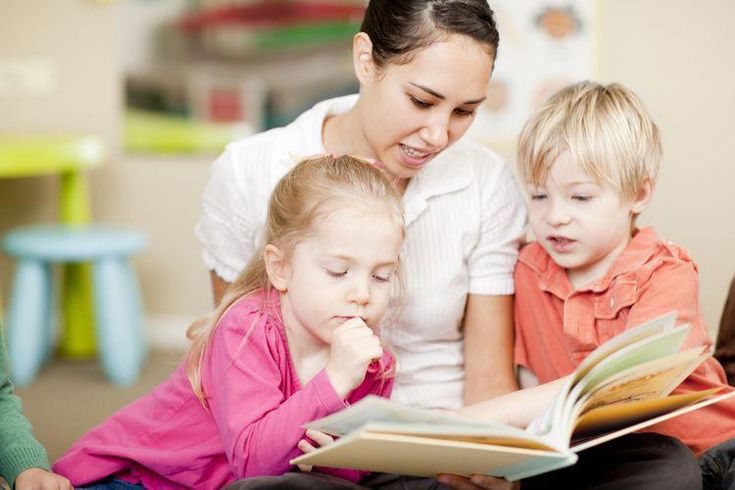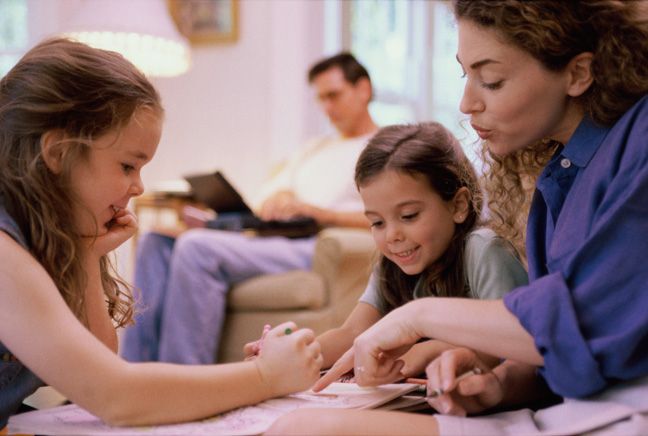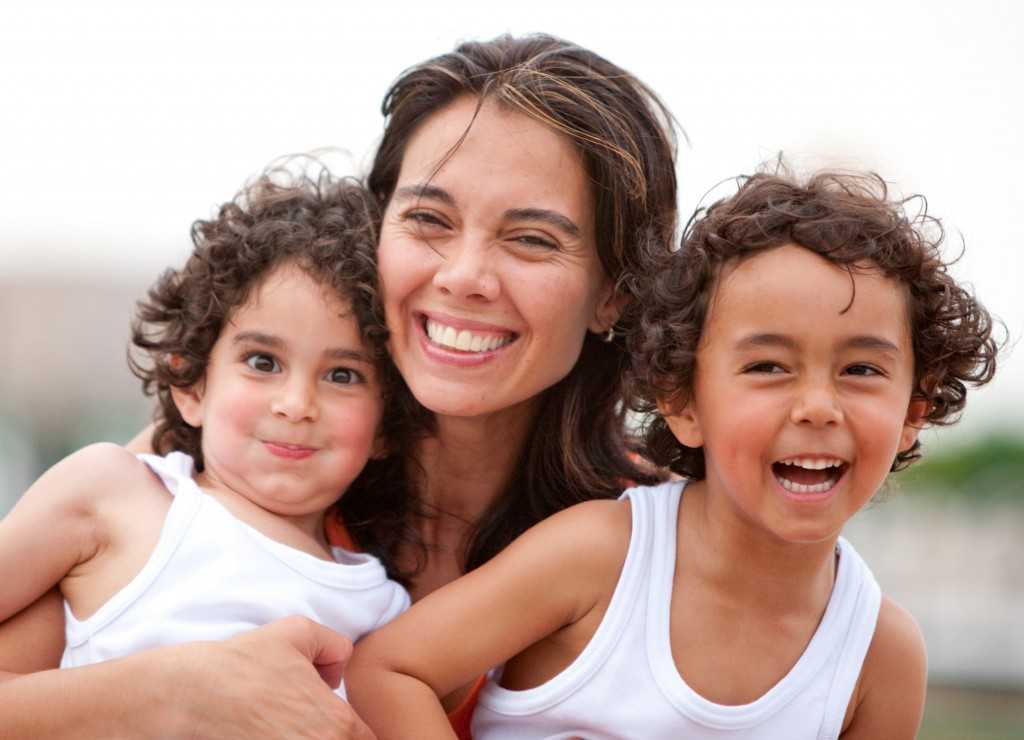Planning for a second child: Family planning: Get the facts about pregnancy spacing
Posted onHow to know if you are ready for a second baby?
Back to Top
Now Reading:
How to know if you are ready for a second baby?
Share
fbsharetwsharepinshareComments (0)
TIMESOFINDIA.COM | Last updated on -Mar 1, 2021, 10:42 ISTShare
fbsharetwsharepinshare
Comments (0)
- close
01/6When to plan your second baby
Planning a family is a very personal thing. Whether you are planning to become parents for the first or second time, it is never an easy decision. A lot of things have to be evaluated like your age, the age of your firstborn (in case you are planning for a second one) and your financial situation, before coming to any decision. While there is no right or wrong time to grow your family, to decide if you want another baby can lead to an internal tug of war. To help you out, here are 5 questions that you need to ask yourself to know if you are ready to bring a new life into the world.
readmore
02/6What does your partner think about another baby?
You and your partner don’t need to hold the same views about having a second child. Maybe you want two children, but your partner doesn’t feel the same. You and your partner need to be on the same page as far as family planning is concerned. If the other one is not ready, step back and give some time.
readmore
03/6Is your child big enough to handle a sibling?
If your baby is too small and needs you all the time, it can be difficult for you to handle another child.
readmore
04/6Are you financially stable?
It is the duty of every parent to give a stable and secure life to their kids. If your current financial condition does not allow you to extend your family, you should hold your thoughts for a while. The cost of raising a child is rising every year. You need to evaluate the cost and only if you can afford a comfortable life for another child, you should go ahead with your planning.
readmore
05/6Is your house big enough to accommodate another child?
Bringing another member into the family means you have to make space for them as well.
readmore
06/6Are you ready to make changes in your lifestyle?
If you and your partner both are working, it could be difficult to take care of a newborn. Newborns require a lot of care and caution. See if both of you are ready to share the responsibility and make changes in your lifestyle to take out more time for the newborn.
These are a few basic questions that every couple must ask themselves before planning to extend their family. Planning these small things well in advance is better.
readmore
Planning for a second child in your late thirties? Here are 5 things you need to know, says fertility specialist, Dr Ann Tan.
9 November 2020
Written by
Virtus Fertility Centre Singapore
It is natural to assume that if you have successfully conceived once, you have little to worry about when planning for your next child.
Couples tend to be in their thirties when they are trying to conceive their second child
This is to be expected as the average age of first-time mothers in Singapore has gone up. This can be attributed to a range of socio-economic factors including couples opting to get married a little later in life. It follows that many parents are well into their thirties by the time they try to conceive again.
Many of my clients share experiences similar to C’s who is in her late thirties:
“My husband and I planned to try for our second baby once our eldest turned 3 or 4. While we were committed to our timeline and did our homework, setting it into action wasn’t as simple as we thought it would be.
“We know of many couples my age who have the same issues. No matter how conscientious we were with our attempts to get pregnant, we were met with a heart-breaking negative on our pregnancy test month after month.
“Our challenges are usually stress- or age-related. Most of the people we know have to rely on IVF [in vitro fertilisation].”
Why it is not as easy to conceive the second time around
Most couples who are planning to conceive again do not realise that the gap of just a few years between their first attempt and their second affects fertility in both the husband and the wife. The following are key factors to bear in mind:
1) A woman is born with all the eggs she will ever have
She does not replenish her reserve of eggs in her lifetime. By the time a woman turns 32, her fertility begins to decline. At birth, a woman has 1,000,000 eggs. By puberty her egg reserve will have halved, and by her twenties she has about 200,000 eggs.
The decline starts slowly in her twenties, more rapidly in her thirties, and steeply in her forties. Unfortunately, the rate of decline and the number of eggs that remain in her reserve at each decade of a woman’s life are variable.
Tip: Get your Anti-Mullerian hormone (AMH) tested to understand your personal ovarian reserve. The AMH is a hormone secreted by cells in developing egg sacs (also known as follicles). The test provides an indication of your egg count. AMH does not change during your menstrual cycle, so the blood sample for the test can be taken at any time.
2) Older eggs are more likely to contain abnormal chromosomes
When a woman is 35 years-old, 50 percent of her eggs are normal. When she is 40 and above, only 5 to 10 percent of her eggs are normal. It follows that the corresponding chances of normal conception and babies become more difficult.
3) Gynaecological complications tend to increase with age
Over time, a woman may develop fibroids or polyps within her uterus. Endometriotic cysts may also form within her ovaries.
Medical jargon explained:
Fibroids are growths that develop in and around the womb. They can obstruct implantation and reduce the chances of pregnancy by being in the wrong place (for example, they might protrude into the inside of the uterus — these are called submucosal fibroids). The presence of many large fibroids may also increase the risk of preterm (also known as premature) labour.
Polyps are little growths the size of a raisin or grape. These tend to prevent sperm from swimming up to the fallopian tubes or obstruct the implantation of the embryo.
Endometriotic cysts are commonly associated with infertility. They are fluid-filled growths that develop when the lining of the uterus grows deep within a woman’s ovaries. Also known as chocolate cysts, they impact the quality of the eggs and diminish the egg reserve over time.
4) A couple is usually at a different stage in life by the time they try for their second child
In their mid- to late-thirties, both husband and wife are likely to have advanced in their careers and may be juggling more stress than they were when they were younger. They may also have less time to commit to regular exercise and good nutrition.
These factors have a knock-on effect and at this point in life, medical disorders tend to develop. Diabetes, hypertension and thyroid disorders may affect the chance of fertility. They can also make the pregnancy more complicated and difficult to carry.
5) Caring for a young child is exhausting. Parents juggling a toddler often have less energy to try to conceive another baby
This may sound trite, but it is true. It is a factor that is often overlooked. Unfortunately, a baby or toddler co-sleeping in his or her parents’ bed is a very effective contraceptive method!
It is important to speak to your doctor early to understand how fertility can change over time.
Second pregnancy: how to prepare properly
A second pregnancy should always start with planning, which in turn depends on when exactly the couple is planning their second child. There is an opinion that if the first child is now breastfed, then it is impossible to get pregnant again before it ends, but this is not so. Indeed, hormones, which are produced in large quantities by the body of a nursing mother, reduce the chances of getting pregnant, but do not reduce them to zero. Therefore, if you are not planning a second child of about the same age as the first, it is worth protecting yourself during sex. The ideal age difference between children, as well as the optimal rest period for the body between births, is a couple of years.
If you are sure that there is no risk of an accidental pregnancy, you can move on to economic and social planning. This includes a lot of things: planning a budget for a second child, planning living space and other aspects.
How to start planning a second pregnancy in terms of health
From testing. Pregnancy and childbirth is always a very serious burden for the body. And even if for the first time everything went without complications and excesses, it would not be superfluous to take tests before planning a second pregnancy. Be sure to do a detailed blood test, a general urinalysis, an electrocardiogram, and also get advice from a gynecologist and other specialized specialists.
If you have chronic health problems, for example, with the heart, then it is highly recommended to check it before the second pregnancy. Otherwise, the load on the body will not be in vain, and you will risk both your health and the health of the unborn child.
How to give birth again after a caesarean section
If we were talking about natural childbirth, then a few years ago the answer to this question was one — no way. Caesarean section, which was done using outdated technology, left a rough scar on the uterus, excluding this possibility. Modern medicine allows you to do a cesarean so that the scar on the uterus remains very small, and you can give birth in a natural way.
Of course, it is still worth considering why it was during the first birth that a caesarean section was performed. If due to a narrow pelvis, then the second time you will also have to resort to this method, and if due to problems that arose during pregnancy, then the second birth can also take place naturally.
In order for the gynecologist to be able to correctly assess the chance of natural childbirth for the second time, he needs to know exactly how the caesarean section was performed, how and with what the scar was sutured, whether there were any complications, how much blood was lost and how the treatment was carried out after.
Second pregnancy after caesarean section: how to manage
Usually the second pregnancy is easier than the first. At least because a woman already knows what to expect from the body. But no one is immune from unforeseen situations, so it is very important to observe the daily routine, eat right, and avoid stress. In addition, you need to monitor the condition of the scar on the uterus.
A repeat cesarean may be recommended if:
- The fetus weighs more than 4 kg.
- Pelvis too narrow or deformed.
- Transverse or breech presentation of the fetus is noted.
- The mother has chronic health problems such as diabetes.
- The fetus is not alone.
- Uterine scar transverse or defective.
- There are vision problems in the form of retinal pathology.
A second caesarean section does not mean that a woman will no longer be able to have children.
Second pregnancy: what you need to know?
When we drink food, we reduce the amount of acid in the mouth by 61% and reduce the efficiency of digestion.
Remember how you were inexperienced, and every little thing seemed like a mystery during your first pregnancy? Is it possible to eat this piece of cheese, has the baby moved or is it just gases? When you are pregnant for the second time, you always compare the sensations with the 1st pregnancy.
It turns out that there are some aspects of subsequent pregnancies that may surprise you. But being prepared can help you prepare for your second pregnancy and take steps that will be good for both your health and your unborn baby.
What is the optimal and safe term for a second pregnancy
It is better to wait 12-18 months after the first birth to get pregnant again.
If you have had a caesarean section, it is recommended to wait even longer and delay trying a second child by 18 months.
You can get pregnant with your second child even if you are still breastfeeding your first.
Women who only breastfeed may experience delayed fertility. Why? Because prolactin, the hormone that stimulates breast milk production, also inhibits estrogen production, and low estrogen levels can stop ovulation.
If you are exclusively breastfeeding and introduced formula or food, there is no guarantee that you will not ovulate. If there is a shortage of milk, this means that the hormone prolactin is not produced enough, therefore, ovulation is not suppressed.
The second pregnancy is not like the first
Every pregnancy is different, so it’s hard to predict how easy or difficult it will be to get pregnant with your second child.
This may be due to a number of factors such as:
-
Violation of sperm production;
-
endometriosis;
-
Complications caused by a previous pregnancy;
-
Risk factors like age or weight.
Your doctor can help determine if you should be treated for infertility.
Baby movements
Moms tend to feel fetal movement earlier in their second pregnancy than in their first, but not because their baby starts moving earlier. This is because you are now able to quickly recognize this sensation.
Births may vary
If you had a caesarean section the first time, this does not mean that you will not be able to give birth on your own the second time. The method of birth of the baby is determined by the doctor, judging by the testimony.

